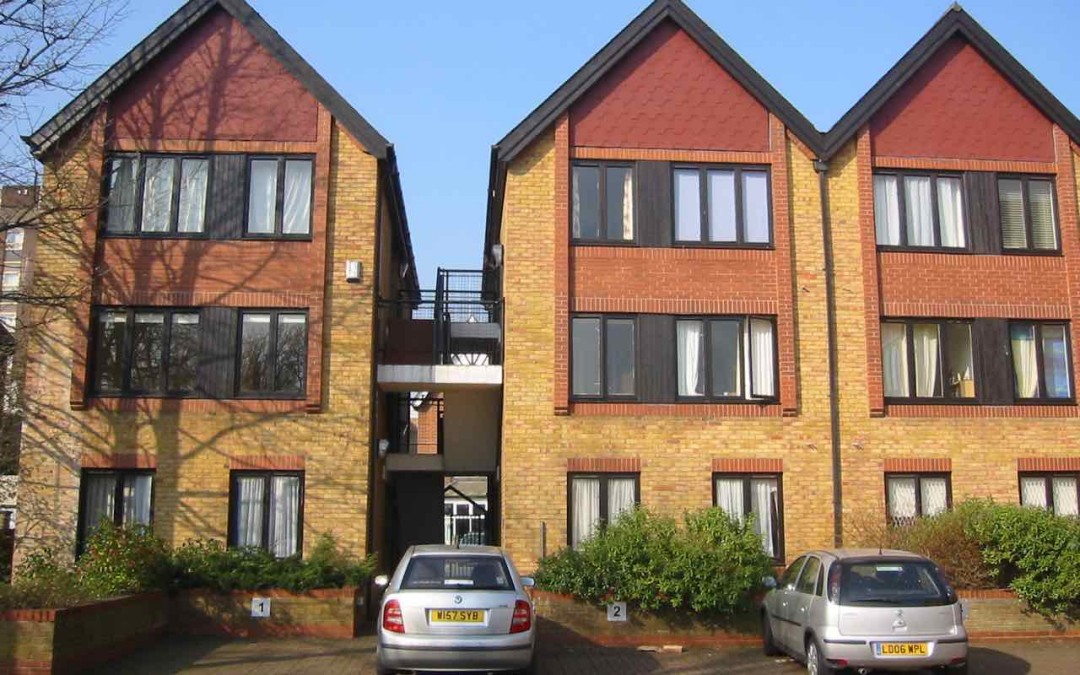Every month My Property Consultant compiles a property index tracker, where we report industry data in one place. As part of pulling that together, we come across various predictions from experts around the property market, such as lenders, journalists, and the government.
One thing that strikes me when I read these predictions, is that they’re often worlds apart from each other, implying they’re largely based on opinion rather than fact. And when you look back on those predictions with the benefit of hindsight, it shows just how difficult it is to get it right.
Expert predictions versus reality
Take the Nationwide and Halifax as a prime example. At the start of 2017, Nationwide predicted that national house prices would grow by 2% by the end of the year, whereas Halifax predicted they would grow by 4%. Henry Pryor, a well-known property commentator, predicted house prices would fall by 4% in 2017 (Source: bbc.co.uk/news/business-38389967). That’s an 8% difference between the top and bottom predictions!
According to the Office of National Statistics, the actual house price growth for 2017 was 4.5% – well done Halifax.
What will this year hold for the London property market?
As a London property finder, I’m often asked to predict what house prices will do, and I always decline to comment. There are just too many factors at play – location, type of property, price bracket, to name just a few. Trying to second guess short-term movements is futile, in my opinion.
Taking a longer-term view is more meaningful, and anyone investing in property should be doing so for at least the medium to long-term. If you look at London over the last 10 years, it has shown incredible resilience in bouncing back from the credit crunch – one of the worst financial crises in recent history. It took London property prices 2.5 years to recover from the downturn (and in fact, some areas of London were barely impacted). In the 10 years following the credit crunch, house prices grew by 67%. Conversely, Leeds took nine years to recover, increasing by 7%, and Manchester took eight years, increasing by 19%. So, in the short term, Leeds and Manchester might look cheap, but if you take the longer-term view, London is hard to beat.
Seize the opportunity
The slow down we’re experiencing in the capital right now offers would-be property investors a great opportunity. It’s very much a buyers’ market out there – something that doesn’t happen very often in London. If you’re worried about the longer-term repercussions of Brexit, have a read of my Brexit blog It plays to the old adage – if you want to make money, ‘invest when others are fearful’.

